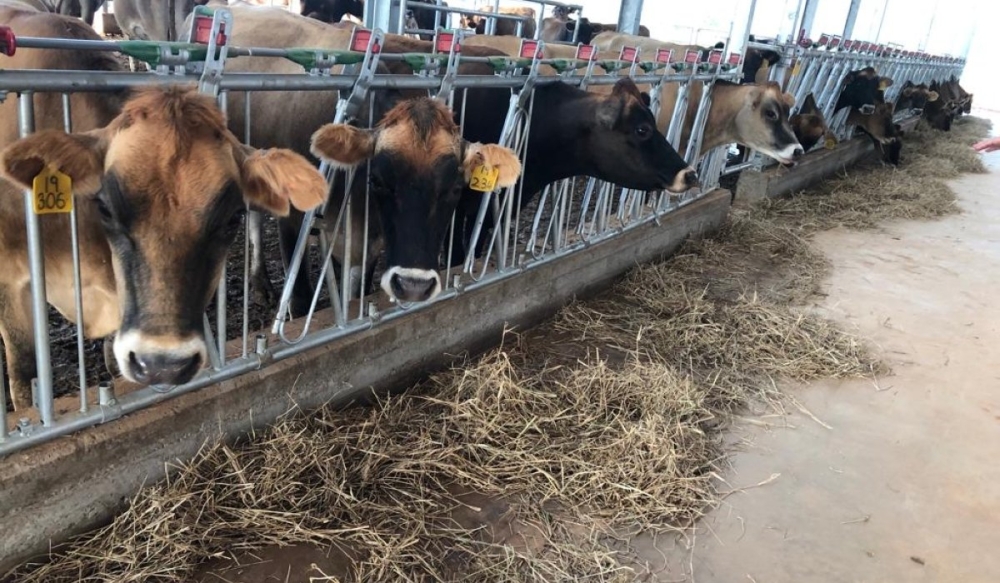

The African Development Bank (AfDB) has shown that Rwanda needs at least $3.4 billion in annual investments to shift the economy's structure from low-productivity, labor-intensive activities to higher productivity, capital and skill-intensive activities.
This, if realised, would ensure that the country gets on the right path towards achieving the upper middle-income status by 2035 with a per capita income of $4,035.
To start with, Rwanda has adequately addressed most of the regulatory and institutional barriers to growth through sustained reforms.
As a result, between 2000 and 2009, real gross domestic product (GDP) grew by 8.3% annually above the continental average of 4.7%, driven by post-war recovery efforts, increased aid, and significant debt relief.
Rwanda sustained its growth momentum the years that followed. Between 2011 and 2019, just before the Covid-19 pandemic, GDP grew by 7.2% annually above the continental average of 4 per cent.
But the economy isn’t growing as fast as it should be compared to other countries in Asia that have successfully changed their economic structure.
Agriculture, for instance, has experienced low productivity gains but has the potential to increase aggregate productivity, and inclusive growth if appropriate investments in value-addition, and commercial farming are made.
Agriculture sector as a ratio to GDP declined from 31% in 2000 to 25% in 2022 but remains the second largest sector of the economy and employs 62% of the labor force.
During the same period, the industrial sector, which has the potential to generate high productivity value and jobs, changed slightly from 17% of the GDP to 21%.
The services sector remains the largest sector of the economy having changed slightly from 44% in 2000 to 46% in 2022, with labor still trapped in low value service sector activities.
We have laid the groundwork for economic recovery and growth since the aftermath of the 1994 Genocide against the Tutsi and have made significant strides in rebuilding our nation post-pandemic.
Rwanda has the political will to drive change. However, AfDB’s latest report is a reminder that there is a lot of work ahead of us if we are to truly transform the economy.


